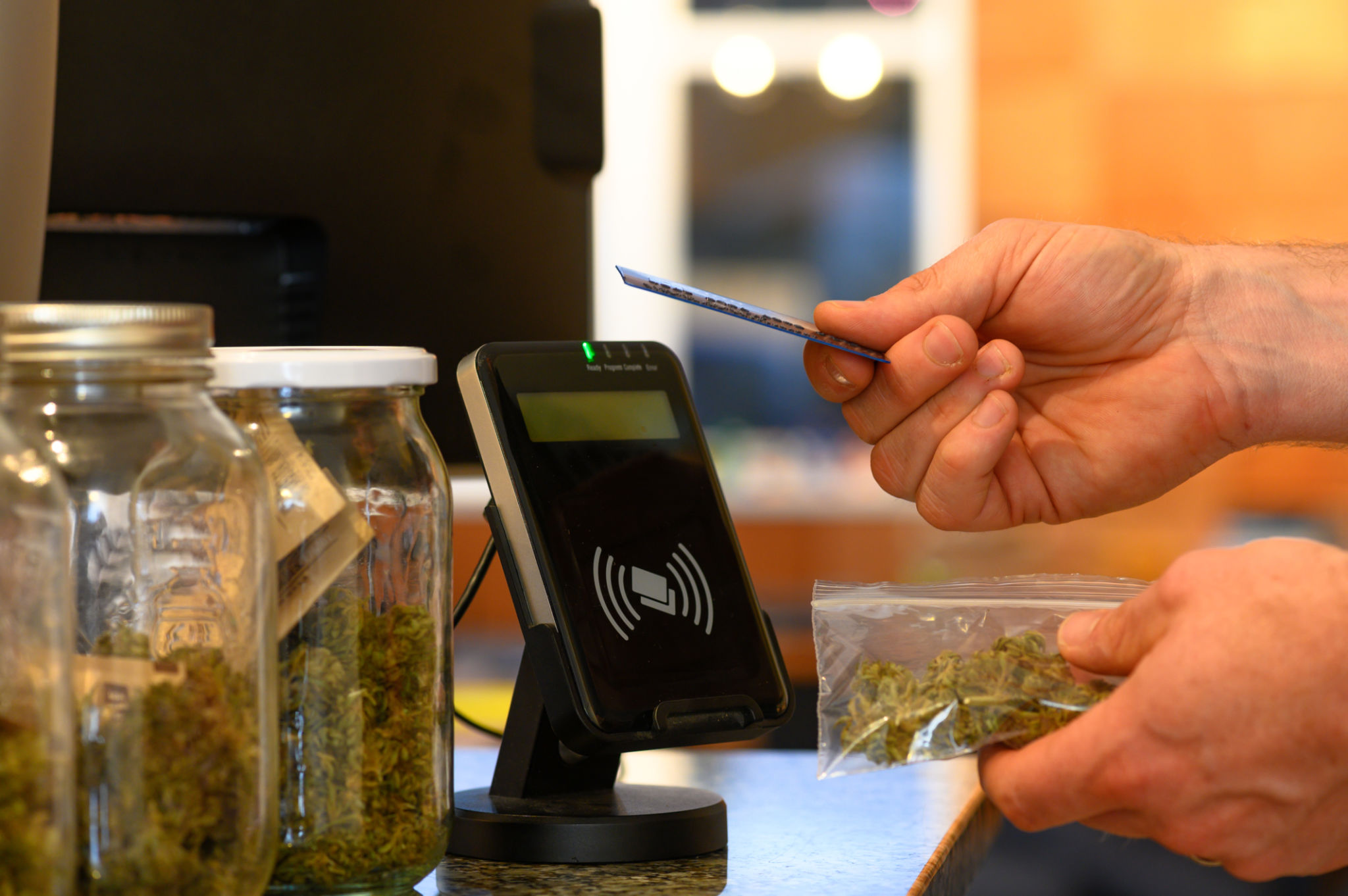Comparing Cannabis Retail Business Models: Which is Right for Hartford?
JC
Understanding Cannabis Retail Business Models
As the cannabis industry continues to grow, various business models have emerged, each with its own unique advantages and challenges. For those considering entering the market in Hartford, understanding these models is crucial to making an informed decision. In this post, we will explore some of the most common cannabis retail business models, helping you determine which might be the best fit for Hartford.

Brick-and-Mortar Dispensaries
The traditional brick-and-mortar dispensary is perhaps the most recognizable model in the cannabis retail space. These physical stores offer a tangible shopping experience where customers can engage directly with knowledgeable staff. This model thrives on creating a welcoming atmosphere and providing personalized service, which can be a significant draw for local customers.
In Hartford, the community-centric approach of brick-and-mortar dispensaries could resonate well, particularly if located in areas with high foot traffic. However, this model also comes with challenges, such as high overhead costs for rent and staffing, as well as navigating complex zoning regulations.
Online Cannabis Retailers
The rise of e-commerce has given birth to online cannabis retailers. This model offers the convenience of shopping from home and often features a broader product selection than physical stores. For tech-savvy consumers who prioritize convenience, online retailers can be very appealing.
Implementing an online retail model in Hartford could tap into a younger, digital-native demographic. However, businesses must invest in secure online platforms and efficient delivery systems to ensure customer satisfaction and comply with local regulations.

Hybrid Retail Models
A hybrid model combines elements of both brick-and-mortar and online retail. Customers can visit a physical location to see and sample products, but also have the option to purchase online for home delivery or in-store pickup. This model offers flexibility and can cater to a wider audience.
For Hartford, a hybrid model could offer the best of both worlds by providing the personal touch of in-store shopping along with the convenience of online transactions. This approach requires strategic planning to manage inventory across platforms and ensure a seamless customer experience.
Cannabis Pop-Up Shops
Cannabis pop-up shops are temporary retail locations that create buzz and excitement around new product launches or events. These shops can be highly effective for building brand awareness and testing new markets without the commitment of a permanent location.
Hartford's vibrant community events scene could provide an excellent backdrop for cannabis pop-ups. This model allows retailers to engage with new customers in a dynamic setting, but it requires careful planning and compliance with local laws governing temporary cannabis sales.

Choosing the Right Model for Hartford
The decision on which cannabis retail business model is right for Hartford depends on several factors, including target demographics, budget constraints, and regulatory considerations. It's important for entrepreneurs to conduct thorough market research and consider how their chosen model aligns with their business goals.
No matter the model chosen, success in Hartford's cannabis market will depend on understanding local consumer preferences, maintaining regulatory compliance, and delivering exceptional customer service. By carefully evaluating each business model's strengths and challenges, entrepreneurs can position themselves for success in this competitive industry.
